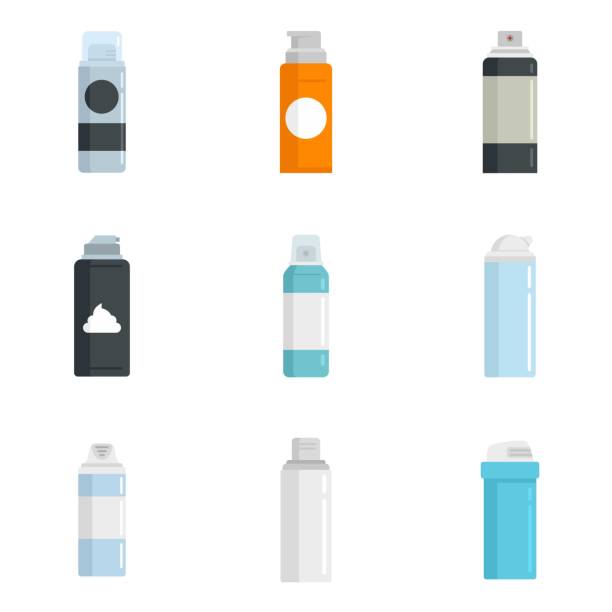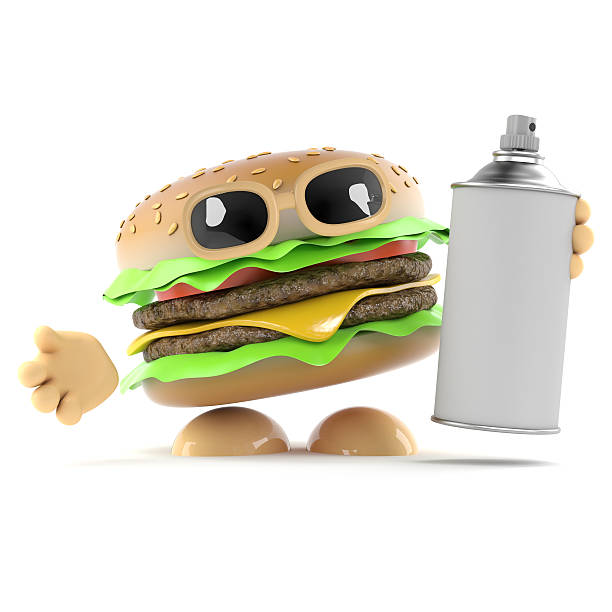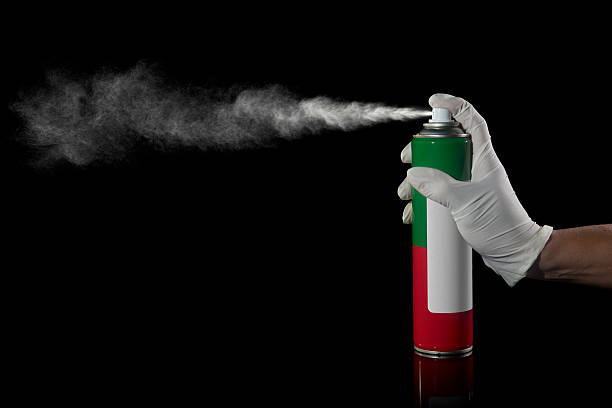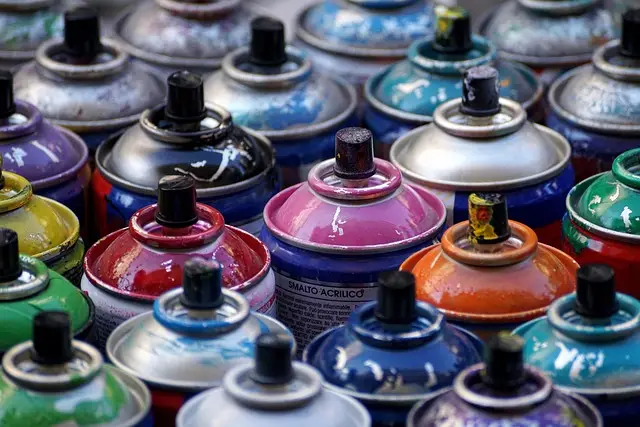Traveling can be a whirlwind of excitement, but let’s face it—packing can feel like a jigsaw puzzle gone rogue. One common question that often pops up is, can you take aerosols on a plane in checked baggage? If you’ve ever stood in front of your bathroom cabinet wondering which aerosol spray cans to bring along, you’re not alone! Let’s delve into the world of aerosol containers and uncover what you need to know.
What Are Aerosols?
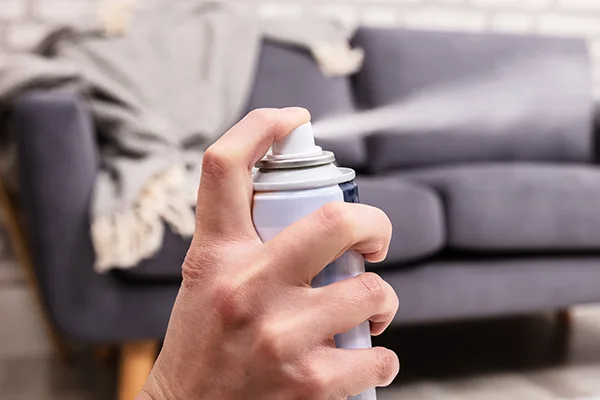
Aerosols are those handy little containers that spray out products like deodorant, hair spray, and even some cooking sprays. These small yet powerful cans use pressure to disperse liquids in a fine mist, making them incredibly convenient for daily use. Imagine being able to freshen up or style your hair in seconds, thanks to the marvel of modern technology! Essentially, aerosols allow for easy application of products without the mess, but they come with their own set of travel rules that can sometimes feel a bit tricky to navigate.
Common Types of Aerosols
Here are some common types of aerosols:
- Deodorants: Used for personal hygiene to mask body odor.
- Haarsprays: Used to style and hold hair in place.
- Air Fresheners: Used to eliminate odors and freshen indoor spaces.
- Spray Sunscreens: Used for sun protection and easy application.
- Cleaning Products: Used for household cleaning tasks, such as disinfectants.
- Paints: Used for artistic or home improvement projects.
- Cooking Sprays: Used to prevent food from sticking during cooking.
- Medicinal Aerosols: Used for delivering medications, like asthma inhalers.
- Insecticides: Used to repel or kill insects.
- Fabric Fresheners: Used to refresh clothing and upholstery.
You’ll find aerosols in all shapes and sizes, from personal care items like perfumes and body sprays to household products like air fresheners and cleaning supplies. Each type serves a unique purpose, making them a staple in many households. Jedoch, the convenience of these aerosol tin cans comes with a responsibility to understand the regulations surrounding them, especially when you’re packing for a flight. So, before you hastily toss that can of hairspray into your suitcase, it’s wise to pause and consider what might be at stake.
Airline Regulations on Aerosols
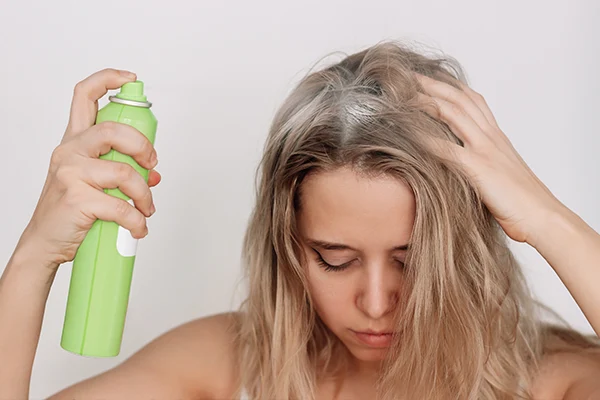
Overview of Airline Policies
Airlines vary significantly in their policies regarding aerosol cans on planes checked baggage, which can make it confusing for travelers. Most airlines permit aerosols, but they impose strict limits and guidelines to ensure safety. While one airline might have a lenient stance on certain products, another might strictly prohibit them. Understanding these nuances can save you a lot of time and hassle at the airport. So, before you toss that can of deodorant into your bag, it’s essential to check with your airline’s website or customer service to ensure you’re compliant with their specific rules.
General Guidelines
When packing aerosols in checked baggage, you can bring them along, but there are important guidelines to follow. Typically, aerosol containers must adhere to a specific size limit—often less than 18 ounces (0.5 kg/500 ml) for carry on baggage. The FAA limits the total amount of restricted medicinal and toiletry articles, including aerosols, to a maximum of 2 kg (70 ounces) oder 2 L (68 fluid ounces) per person. Zusätzlich, each aerosol container must not exceed 0.5 kg (18 ounces) oder 500 ml (17 fluid ounces). For more detailed information, be sure to check the FAA regulations.
Airline-Specific Rules
Some airlines have more stringent policies regarding aerosol items, which can catch unsuspecting travelers off guard. Zum Beispiel, while one airline may permit aerosol sunscreen, another might ban it altogether, citing safety concerns. It’s not just about knowing the general rules; being aware of airline-specific regulations can be the key to a stress-free travel experience. Taking the time to visit your airline’s website or reaching out to their customer service can provide you with clarity and peace of mind, allowing you to pack your essentials confidently.
TSA Guidelines for Aerosols
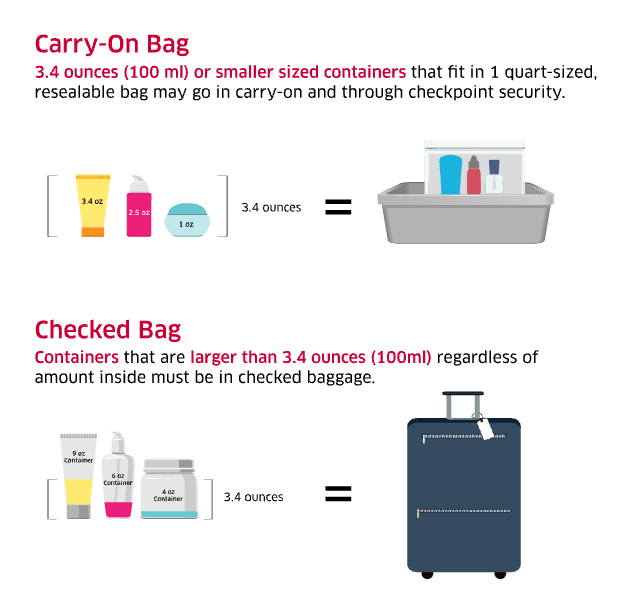
What the TSA Says
The Transportation Security Administration (TSA) lays out a few guidelines that are crucial for travelers when it comes to packing aerosol containers. Understanding these rules can help you avoid unpleasant surprises when you reach security. Generally, the TSA allows aerosol containers in checked baggage, provided they meet size restrictions and are not deemed flammable or hazardous. This means you can usually bring along your favorite deodorant or shaving cream, but always make sure to double-check the specific regulations to avoid issues during security checks.
Permitted Aerosols
When it comes to what’s allowed, most aerosol containers, like deodorants and hairsprays, are permitted in checked baggage, as long as they adhere to size limits. This is great news for anyone who wants to keep their grooming routine intact while traveling! Jedoch, it’s important to note that items must not be flammable. Think of it as the TSA’s way of ensuring that your suitcase doesn’t turn into a ticking time bomb. So, if you’re ever unsure whether your favorite aerosol product is acceptable, err on the side of caution and consult the TSA guidelines before you pack.
Prohibited Aerosols
On the flip side, certain aerosol spray cans are strictly prohibited. Flammable products like some air fresheners and cleaning supplies fall into this category. If you wouldn’t want to risk a fiery explosion in your suitcase, chances are, they’re not allowed! The last thing you want is to arrive at your destination only to discover that you’ve had to leave behind essential items. Staying informed about which products are off-limits can help you avoid unwanted surprises and make for a smoother journey overall.
Packing Aerosols in Checked Baggage
Best Practices for Packing
When packing aerosol containers, best practices are essential for ensuring they make it to your destination in one piece. Always make sure to secure them well within your luggage to prevent any leaks or accidental activations. You don’t want a sticky mess ruining your clothes or other belongings! Wrapping aerosols in clothing or placing them in a padded section of your suitcase can provide an extra layer of protection during transit. Think of it as giving your favorite products a cozy little bed for their journey!
Avoiding Leakage
To minimize the chance of leakage, ensure that the caps are tightly secured. Imagine trying to explain a shower of deodorant to airport security—that’s not a fun conversation! Also, consider placing a plastic bag around the aerosol containers for an added layer of protection. This way, if a leak does occur, it’s contained, and your clothes stay safe. Taking these small precautions can make a significant difference, allowing you to focus on your travels rather than worrying about damaged luggage.
International Travel Considerations
Different Countries, Different Rules
If you’re jet-setting overseas, keep in mind that different countries have their own regulations regarding aerosol cans. What’s allowed in your home country may not be permitted in another, which can complicate your packing process. Before heading to the airport, it’s wise to research the rules specific to your destination. This can help you avoid having to part with your favorite products at security checks, ensuring a smoother journey from start to finish.
Regulations in Europe
When traveling to Europe, you may encounter stricter limits on aerosol sizes, which can vary from country to country. Some places may enforce rules that restrict the size of aerosol cans allowed in checked baggage, so it’s best to stay informed. Checking the regulations of your destination before you pack can help you make informed decisions and avoid unnecessary hassles. After all, the last thing you want is to arrive at your vacation spot without your essential items!
Regulations in Asia
Similarly, many Asian countries have unique regulations that may restrict certain types of aerosols altogether. Whether it’s due to safety concerns or environmental regulations, knowing what’s acceptable can save you a lot of time and frustration at customs. Always check local guidelines before packing your favorite aerosol products, so you can enjoy your travels without any last-minute surprises.
What Happens if You Break the Rules?
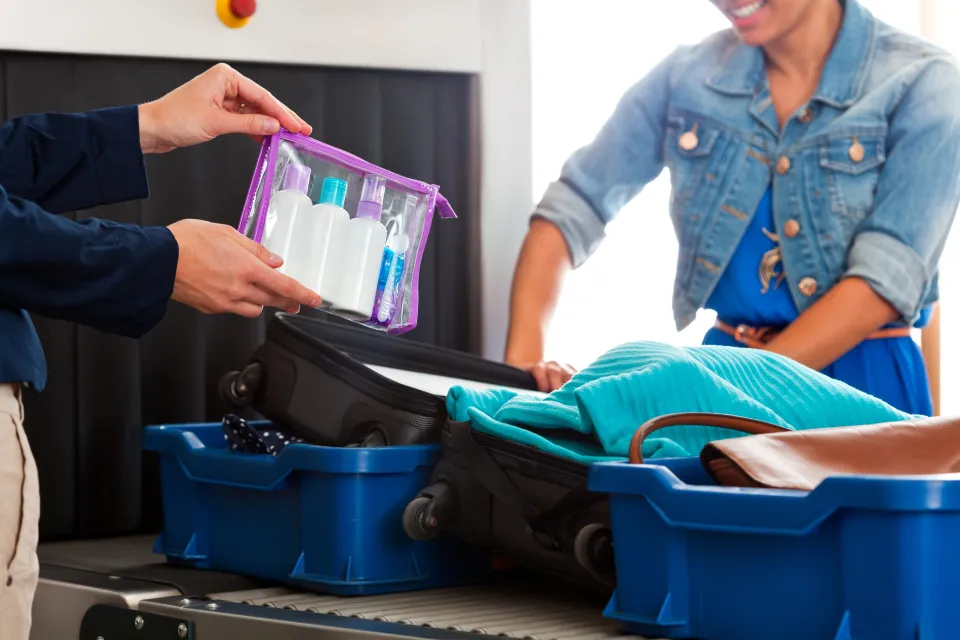
Consequences of Non-Compliance
If you accidentally pack a prohibited aerosol, you might face fines or penalties, which can be an unwelcome surprise during your travels. Think of it like rolling the dice—do you feel lucky? The potential consequences can range from a simple warning to serious fines, depending on the severity of the violation. No one wants to deal with that kind of headache while trying to enjoy a trip!
Fines and Penalties
The consequences can vary greatly depending on the airline and the nature of the infraction. In some cases, items may be confiscated, leaving you without your beloved hairspray or deodorant for your trip. This can be particularly frustrating if you relied on that product for your daily routine. To avoid these scenarios, it’s always best to check regulations beforehand and make informed decisions when packing.
Confiscation of Items
Worse still, imagine arriving at your destination only to find you have no way to freshen up. No one wants to deal with that! Ensuring you comply with aerosol regulations not only keeps your travel experience enjoyable but also ensures you have everything you need once you land. Taking the time to double-check what you can and cannot bring will save you a lot of hassle in the long run.
Abschluss
So, can you take aerosols on a plane in checked baggage? The short answer is yes, but with some caveats. Always check airline and TSA regulations before you pack your aerosol spray cans. With a bit of planning, you can ensure your packing experience is smooth sailing. Happy travels!
FAQs
1. Can I take deodorant aerosol in checked baggage?
Ja, you can bring aerosol deodorant in checked baggage as long as it meets size restrictions.
2. What if my aerosol is over 3.4 oz?
If your aerosol exceeds 3.4 ounces, it’s best to check with your airline, as larger sizes may be restricted.
3. Are there any exceptions for medical aerosols?
Medical aerosols, like inhalers, often have different regulations, so check TSA guidelines for specifics.
4. How should I label aerosol cans?
Labeling isn’t typically required, but it’s a good idea to keep them identifiable, especially if you’re carrying multiple types.
5. Can I bring aerosol hairspray on a plane?
Ja, aerosol hairspray is usually allowed in checked baggage, but check for size limits and airline policies first.















